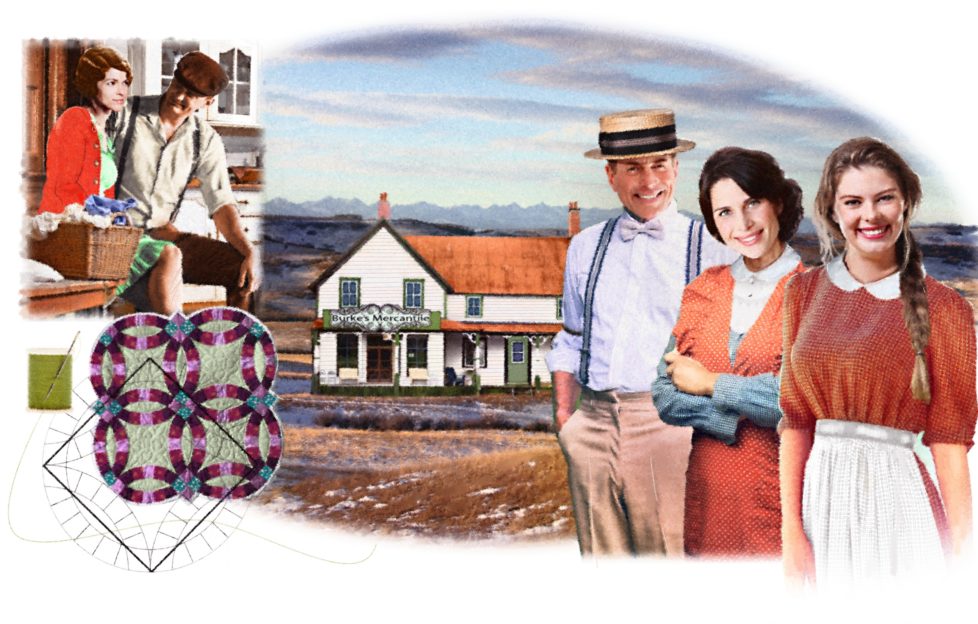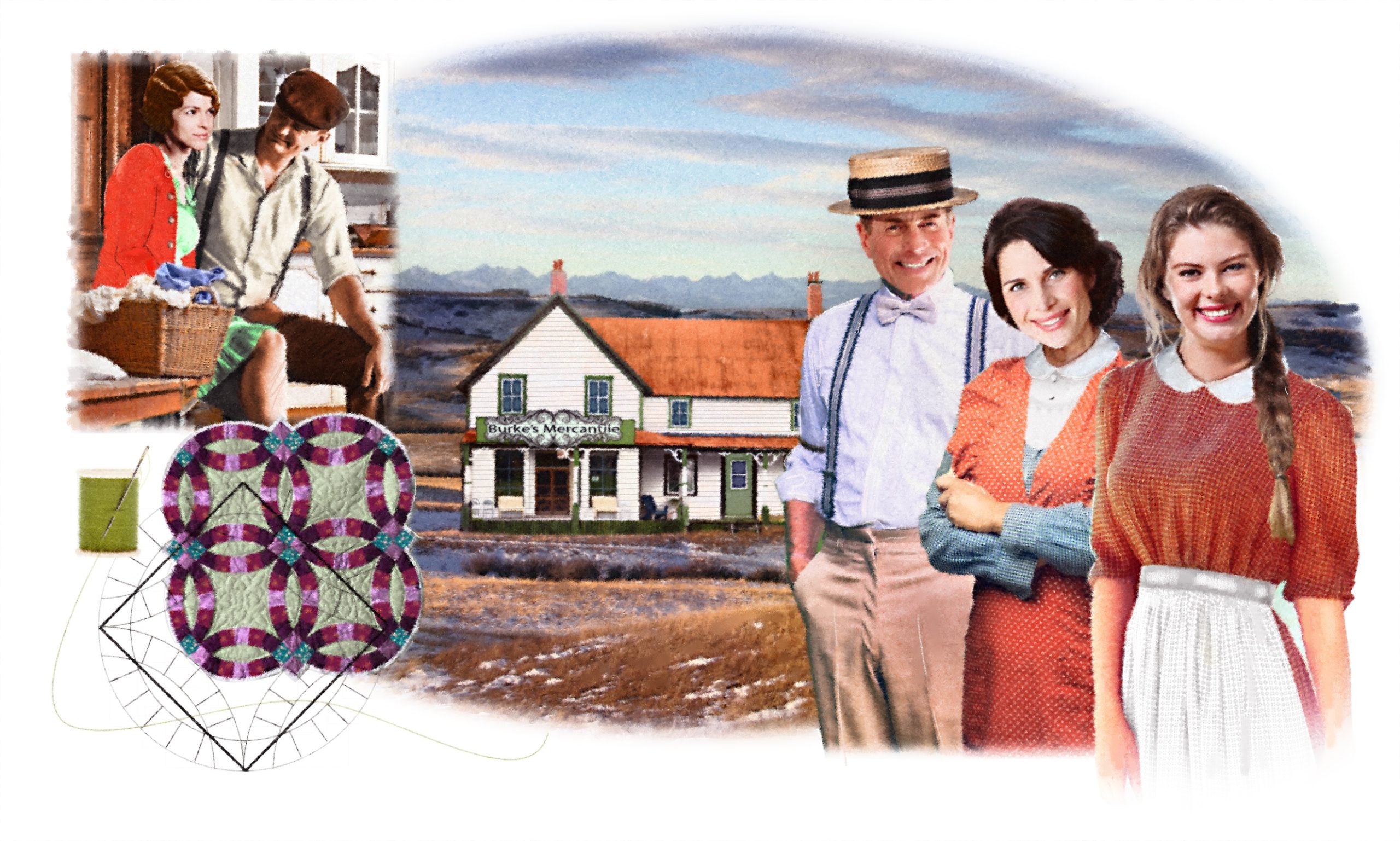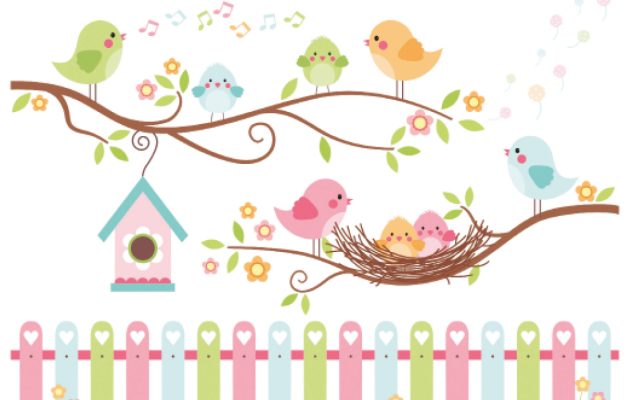The Wedding Quilt – Episode 42

The Wedding Quilt by Catriona McCuaig
« Previous Post- 1. The Wedding Quilt – Episode 01
- 1. The Wedding Quilt – Episode 42
Dugald Stewart, 1822 to 1889. Native of Perthshire, Scotland.
Donald squinted at the stone and reached forward to scrape some lichen from the wording beneath.
Yes! His wife, Grizel Carmichael, 1826-1848. And then, below that, His wife, Mary Campbell, 1834-1903.
Words were carved at the bottom of the stone, possibly a bible verse, but Donald straightened without attempting to decipher it. So Dugald had remarried after Grizel’s death and, judging by the other Stewart gravestones nearby, they had gone on to have a family.
With any luck the end of the trail was in sight!
His next stop was at the post office, an imposing stone building with steps leading up to the door.
Having enquired of an earnest youth sorting a batch of mail, he found the postmaster taking a break in a back room.
Donald introduced himself.
“All the way from Scotland, are ye? Well, you’ll not be the first, nor yet the last. Can I offer you a drink, maybe? Root beer? Dandelion and burdock?”
Donald accepted the latter. He had come this far; maddening though it was, he could wait a few minutes before stating his business.
“And what do you think of Ararat, eh?” the man asked. “Pretty nice town, wouldn’t you say?”
Donald had learned by now that Canadians liked to come at business indirectly, and they always wanted to know what you thought of their country, even though it was plain you’d only just arrived.
“I’ve been wondering how Ararat came by its name,” he said.
“Ah, now that I can tell you, seeing as we learned that at school! There was a fellow who came here to settle in the pioneer days. He ran a store out of his cabin, selling supplies to the incomers. The town grew up around him, and they ended up calling it after him, in a manner of speaking.”
“Was his name Noah?”
The postmaster slapped his knee.
“That’s a good one! No, his name was Raven. John Raven.”
“Is that so?”
“Do you not get it? When the ark came to rest on Mount Ararat, what was the first bird Noah sent out to test if the waters were drying up? A raven!”
“Of course! I believe that a member of my family must have been one of his customers, for he came here in the 1840s.”
“Who might that be?”
“His name was Dugald Stewart. He’s buried over there in the graveyard.”
“Well, well! Old Dugald!”
“You knew him?”
“None better. I went to school with his boy, Ewan.”
“And is Ewan living yet?”
The postmaster shook his head.
“No. He died as a young man. Never married. Dugald’s other son had a daughter and she’s still with us: married, and living out in the country. Her name is Mamie Burke, and if you take a five-cent ride on the train you’ll come to their nearest station and you can walk from there. It’s only three miles.”
He pulled out his pocket watch.
“In fact, there’s a train due soon. You can make it if you hurry.”
“I don’t know if I should just turn up out of the blue,” Donald said. “She doesn’t know I exist and she might wonder what I’m after.”
“Aye, you could be right. There’s plenty of con men riding the rails these days. Best write to the lady, then. You make the evening post and she’ll have it tomorrow. The Burkes are fine people. You explain who you are and they’ll make you welcome for sure.”














